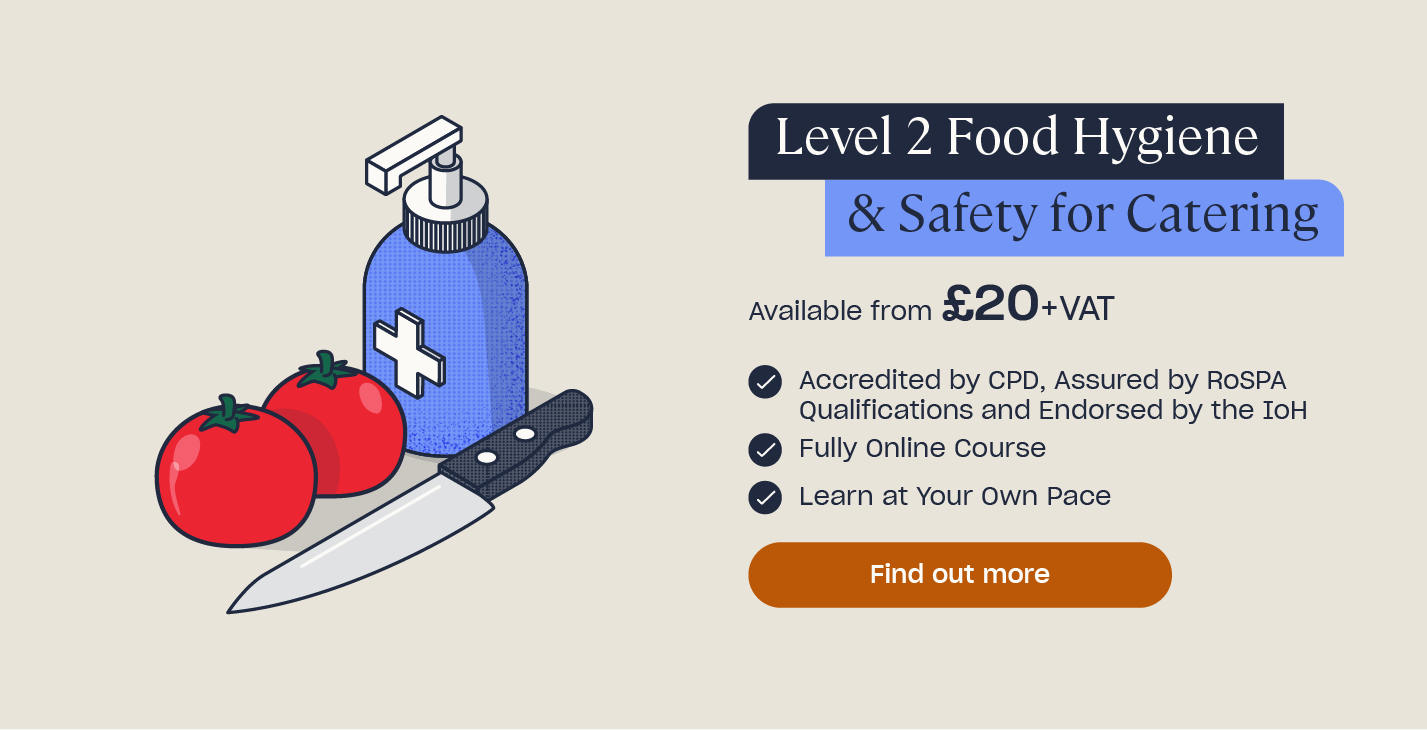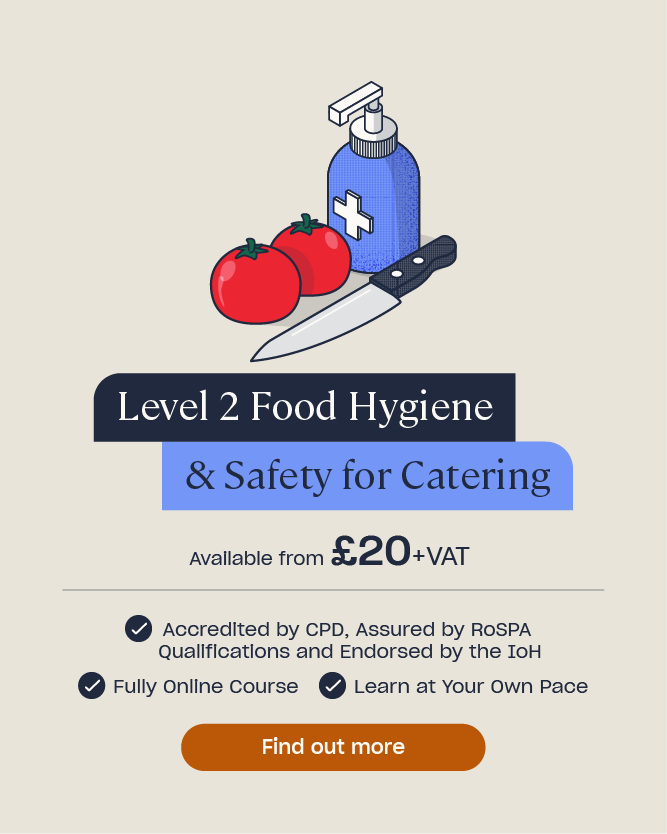Interview Questions for Waiting Staff
As a waiter or waitress seeking employment, it can sometimes be difficult to know what to expect during interviews. You need to impress your potential future employer with well thought out answers. Doing so will demonstrate your capabilities and show that you are the right person for the job.
In collaboration with our in-house hospitality specialists, Sarah, Jamie & Ian, we have created several example interview questions that you may be asked and provided examples of responses you could give. Whether you are looking for possible interview questions as a potential employee or as an employer, this article will help you recognise what kind of answers a good candidate will give.
Interview Questions for Waiters & Waitresses
You may have experience for the job you are applying for, but do you know how to answer certain questions to showcase your capabilities?
Throughout your interview, you should reference relevant past experiences as evidence of your capabilities. It’s better to know how someone did deal with a situation, and what the experience taught them.

Customer Service Knowledge
Question: You’re responsible for seating a group of customers including a child at a table. How would you meet their needs concerning the child?
Answer: If the child’s age isn’t specified by the interviewer, you can ask for clarification, or cover all possibilities in your answer. It is important that you always make the group feel welcome, as parents can sometimes be worried that establishments aren’t going to be family-friendly.
If the child is a baby or toddler, ask the customers whether they would like a high chair. Then, depending on the child’s age, you should ask if they’d like colouring pencils and paper. Little things will be noticed and appreciated here, such as if you offer the child a straw with their drink. You could also ask whether they’d rather the child’s food arrive at the same time as the main courses, or with the starters.
Question: Imagine you are working on a busy evening but the kitchen is short staffed. A customer approaches you and is noticeably angry. They question where their main courses are, as they have not arrived after placing the order over an hour ago. How would you handle this situation?
Answer: If faced with this scenario, you must maintain a high level of customer service and try to appease the customer. Customer complaints can be difficult to handle, particularly in instances where they get angry. If you ever feel threatened by a customer, seek out your manager to deal with them instead.
In this instance, you should firstly listen to what the customer is dissatisfied by. Apologise for the delay they have experienced and then work to solve the problem. Tell them that you will immediately go and ask the kitchen staff for an update. Do this straight away and report back with an estimated time on the food. It is important that you don’t blame anyone or anything for the delay, instead be respectfully apologetic and sympathetic. If you are in a position to authorise it, you could offer the table complimentary drinks, or snacks that don’t need to be prepared in the kitchen, such as olives or bread and oil.

Our hospitality experts are only too familiar with things going wrong in busy restaurants, bars and cafes. Take a look at Customer Complaints in Hospitality, to see how they managed to cater for some very disgruntled customers!
Food & Drink Knowledge
Question: Imagine a customer has requested that a dish be made without egg. You make a note of this and tell the chef along with the rest of the order. When the food arrives, the dish comes with an egg on top. The customer asks you to remake the dish without the egg. What would you do?
Answer: Here, the interviewer is most likely seeing whether you have an awareness of allergens. You should immediately apologise to the customer, even if you believe that it was not personally your fault. As a waiter, you have the most interaction with customers and represent the company. Therefore, it’s vital that you are apologetic and reassure the customer that a new dish will be prepared straight away. Once the chef has remade it, you should check that it has in fact been remade rather than the egg just removed from the top. Any traces of egg left in the dish, even if they aren’t visible, could cause the customer to have an allergic reaction.
In your interview it is important that you don’t simply state that you would have the dish remade; you must explain exactly why. If you are asked a question concerning allergens such as this, it is likely that the interviewer wants to know if you have the knowledge. To find out more about allergens take a look at What Are ‘The Big 8’ Food Allergies?.
Question: What wine would you recommend a customer has alongside a ribeye steak?
Answer: You might be asked this type of question if you are applying for a senior position, rather than entry level.
Most restaurants will have a recommendation system in place. Where possible, offer the customer a choice of selected wine pairings. For a ribeye steak, you would suggest a full body red wine, such as a Cabernet Sauvignon or Malbec. If the customer questioned this pairing, or you want to give them more information, you can inform them that the tannins in these bolder reds help to cleanse the palate.
When answering this interview question, it will look particularly good if you mention a wine that is listed on the restaurant’s wine list. This will show you have done your research.

Question: Could you tell me about a time you’ve upsold an item from the menu?
Answer: Here you want to evidence a time where you have made additional recommendations to a customer to compliment their food or drink choices.
Ways to upsell could include offering premium tonic waters to pair with a gin or alternative flavoured gins that they may not have tried. You can also recommend side dishes or wine to accompany main courses, in addition to suggesting the customer might like to try the newest item on the menu. Essentially, the employer is assessing your investment in your customer’s experience and how well you know the stock.
Personality Fit
Question: What personal qualities can you bring to the job?
Answer: The interviewer is wanting to see whether you will be a good fit personality wise, as well as what you can bring to the team. Use this as an opportunity to show your understanding of working in high pressure environments and your ability to cope with it. As a member of waiting staff, you will be the face of the business. Customers will interact the most with you and so you must make their experience as enjoyable as possible. You should demonstrate that you are comfortable, confident and polite when talking frequently with the public. Waiting staff must also be observant and attentive, and understanding of customers’ needs.
Question: Do you work better in a team or independently?
Answer: This question might throw you off a bit as you may be uncertain about what the interviewer is asking. You want to show that you get on well with colleagues but also that you can work independently. For everything to run smoothly, communication is essential, both with front of house colleagues and with back of house staff. Ideally, you should have experience of working within a team and so try to mention specific examples. It is likely that you will need to work independently at times, so mention times where you have used your initiative and, to an extent, taken charge when required.

What Should I Wear for the Interview?
To give the best first impression, we advise that you dress similar to how you would be expected to dress as waiting staff. Therefore, you should choose attire that is smart and professional, make sure it is clean and ironed. We also recommend that you (if applicable):
- Tie back long hair.
- Keep beards neat and short for hygiene purposes.
- Avoid wearing nail varnish and keep fingernails short and clean.
- Don’t wear any jewellery. A simple wedding band should be acceptable.
- Avoid wearing strong perfume or aftershave.
It is the safest option to follow this guidance when preparing for an interview. These requirements are typically enforced by most restaurants and, until you are certain of the company’s attire policy, it is best to play it safe.
Back to Interview Questions for Hospitality Staff
You should now feel more prepared to answer interview questions for your waiter or waitress role. Remember that the interviewer is not going to try and trick you, they want you to explain your reasoning for your answers. Use these opportunities to your advantage by referring to past experiences and any difficult scenarios you have overcome. As waiting staff, you are the face of the business and the one the customer sees, so when you meet your interviewer smile, be polite and be approachable. Good luck!
What to Read Next:
- Top 8 Skills for a Successful Career in Hospitality
- Restaurant Hospitality Quiz
- Interview Questions for Bartenders
- Interview Questions for Chefs
- Level 2 Food Safety and Hygiene for Catering Course











